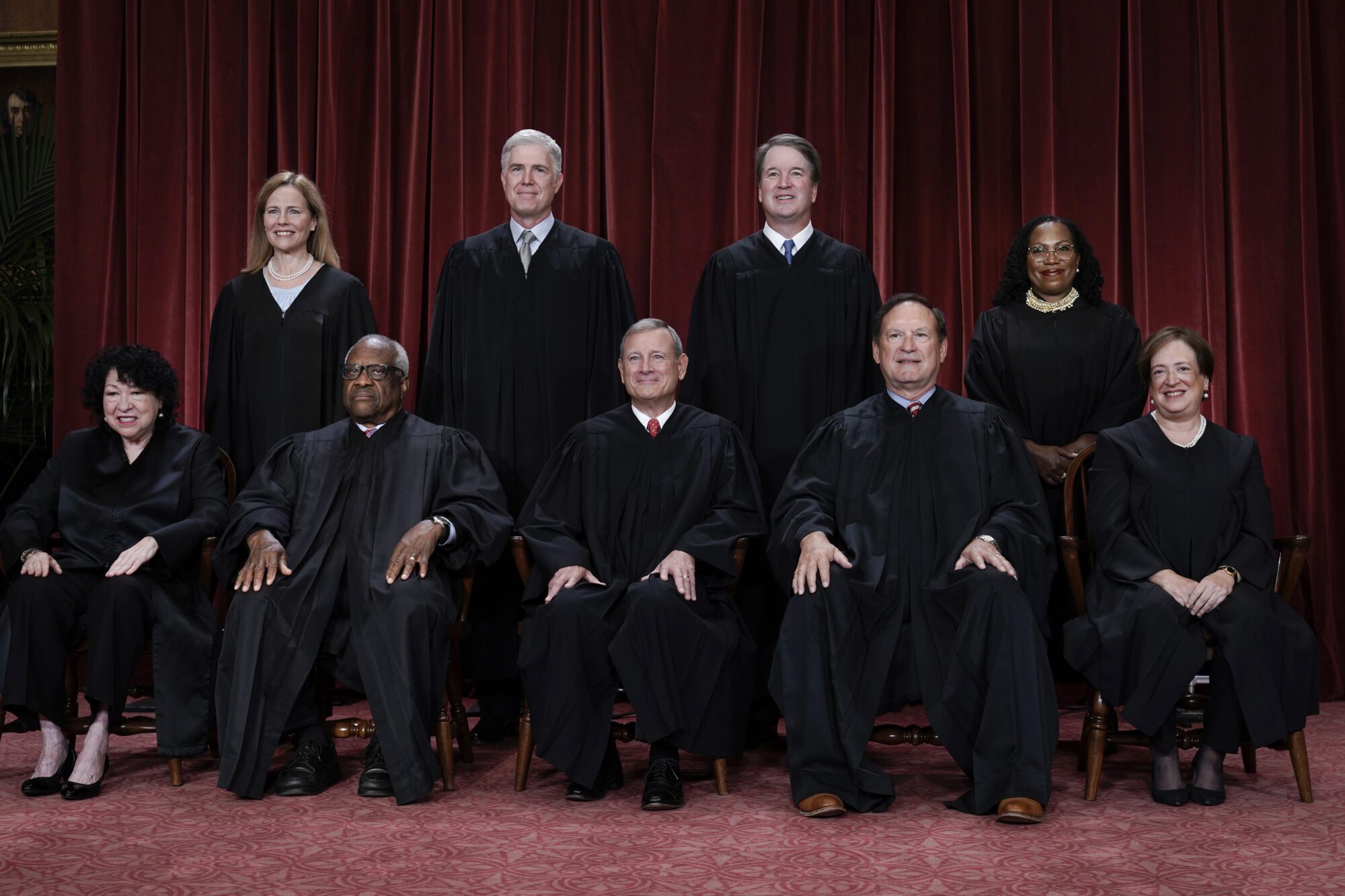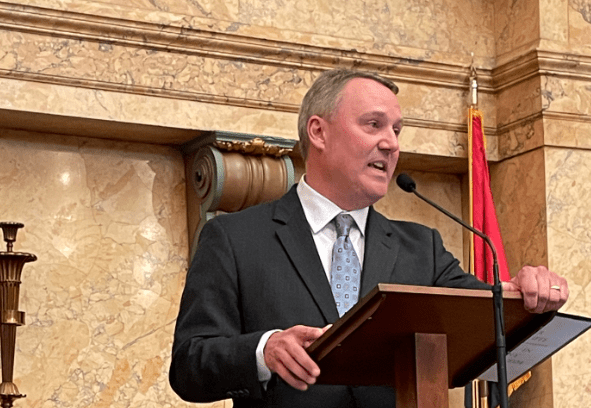Miss. ethics rating jumps drastically, but still at a D
Mississippi emerged as the second-most-improved state, jumping 11.5 points, and rising in rank from 34th to 24th place. Tom Hood, executive director of the Mississippi Ethics Commission, said he used the Center’s grading system as a template to create new ethics legislation, a bipartisan effort that was passed by the legislature in the 2008 session and signed by Gov. Haley Barbour in May of that year.
Legislators are now required to report all directorships, including those held at nonprofit organizations, names of investment entities, and employment information for their spouses. In addition, late filers are now also subject to penalties.
States often pass ethics reform legislation in the wake of political scandal, Hood said, which tends to stigmatize one lawmaker or one party as unethical. But Hood told the Center that because there was no such scandal in Mississippi, the ethics commission was able to function in a nonpartisan environment to bring about reform.
“Nobody’s neck was on the chopping block and our proposals were taken objectively at face value,” he said. “This runs counter to the conventional wisdom that you need a scandal to focus on open government reforms. We found pretty fertile ground without a scandal like that.”
Gov. Barbour declined to respond to a request for comment. Even with the improvements, Mississippi still rates only a D in the Center’s survey.
One area in which Mississippi continues to lag behind is online accessibility. Although the Mississippi Ethics Commission was authorized by the legislature last year to put its financial disclosure forms online, a significant lack of funding has put this project on hold.
Hood said the new law requires online access by Jan. 1, 2010, but the legislature ended its session without passing an appropriations bill to fund the project. Gov. Barbour has announced he will call a special session to finalize next year’s budget; Hood said this needs to take place in the next few weeks, as the current fiscal year ends June 30. Hood said he does not expect any opposition to the proposed funding, but still could not guarantee the online system will be in place by next year.
“Everything starts from scratch with a special session,” he said. “Nobody in government, and I mean nobody, knows what is going to happen.”
CENTER FOR PUBLIC INTEGRITY
7/25/9







